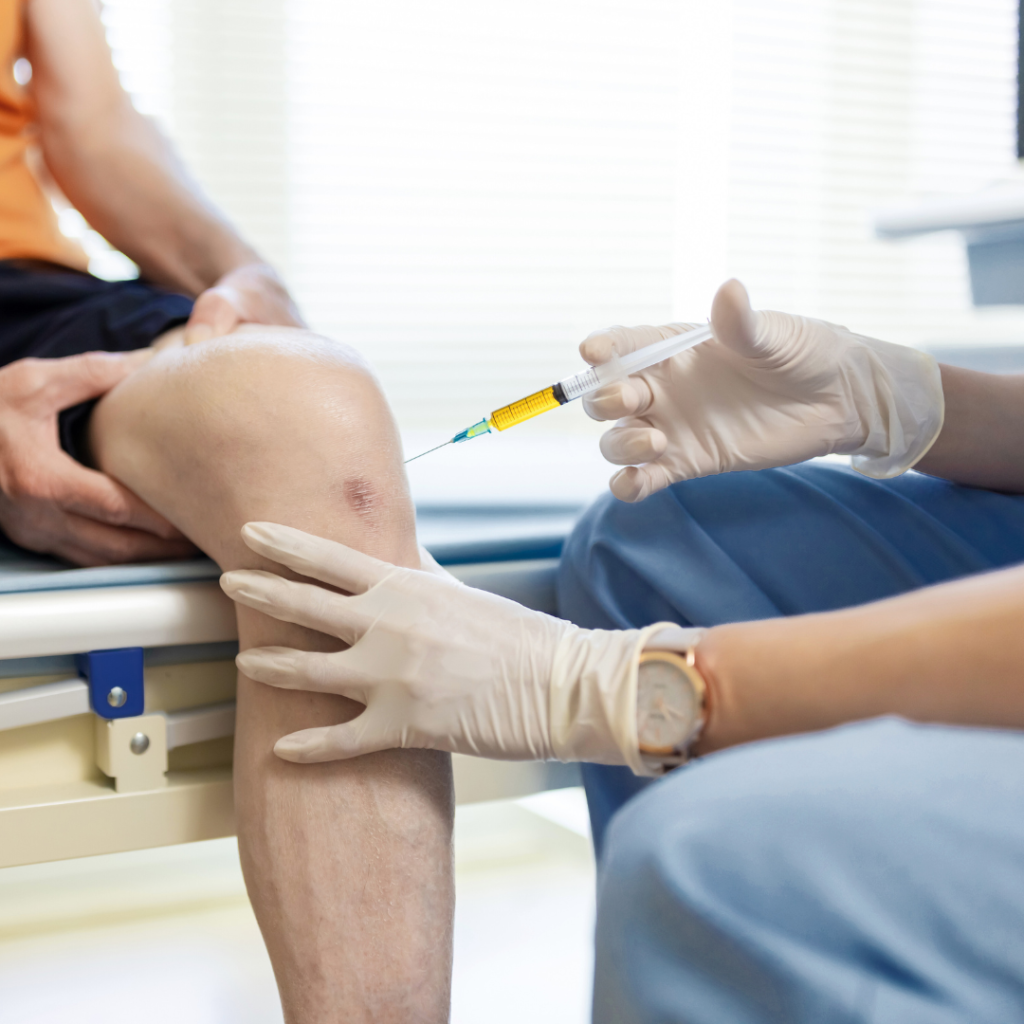HIV Overview
Human immunodeficiency virus (HIV) is an infection that attacks the body’s immune system. Acquired immunodeficiency syndrome (AIDS) is the most advanced stage of the disease. HIV targets the body’s white blood cells, weakening the immune system, making it easier to get sick with diseases like tuberculosis, infections, and some cancers.
HIV is spread through the body fluids of an infected person, including blood, breast milk, semen, and vaginal fluids. It is not spread by kisses, hugs, or sharing food. However, it can spread from a mother to her baby.
HIV can be treated and prevented with antiretroviral therapy (ART). Untreated HIV can progress to AIDS, often after many years.
STD Overview
Sexually transmitted diseases (STDs), or sexually transmitted infections (STIs), are infections passed from one person to another through sexual contact. They are usually spread during vaginal, oral, or anal sex. However, they can sometimes spread through other sexual contact involving the penis, vagina, mouth, or anus, as some STDs, like herpes and HPV, are spread by skin-to-skin contact.
Some STDs can be passed from a pregnant person to the baby, either during pregnancy or when giving birth. Other ways that STDs may be spread include during breastfeeding, through blood transfusions, or by sharing needles.
To know more about HIV & STD, fill out the query form and we will get back to you at the earliest.







